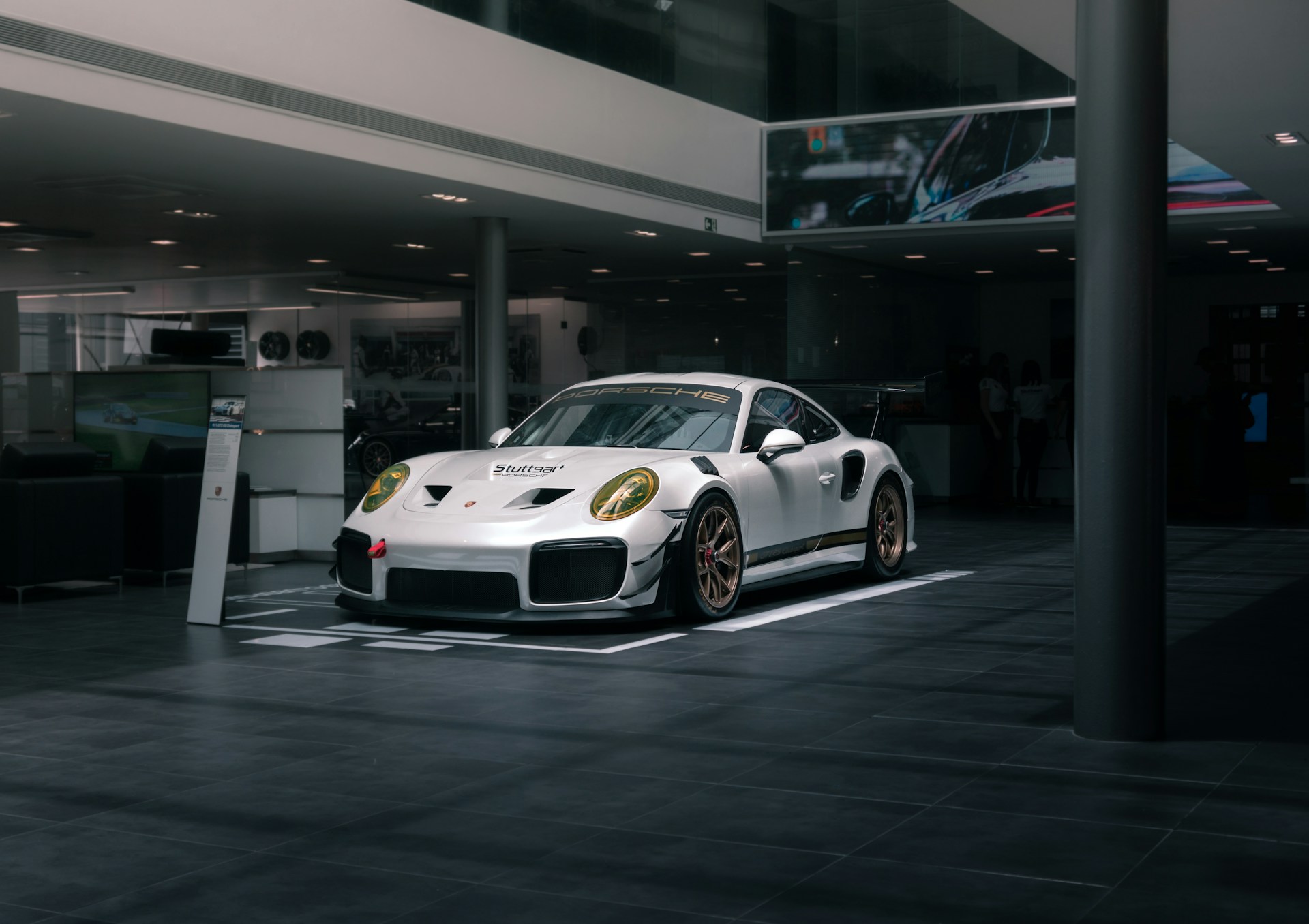Porsche’s battery subsidiary, Cellforce, is reportedly facing closure, raising questions over the fate of substantial government subsidies already paid to the automotive giant. The German government has confirmed that a significant portion of the pledged federal and state funding has been disbursed, yet the future of the project and the funds remains unclear.
A spokesperson for the Ministry for Economic Affairs in Berlin stated on Friday that there has been no official announcement from Porsche regarding a potential closure of the Cellforce facility. The ministry declined to comment on the specific sums involved or whether the government would seek to reclaim the money. The future operational status of Cellforce also remains an open question.
The government acknowledged it is taking seriously a letter sent to Chancellor Friedrich Merz and Federal Minister for Economic Affairs Katherina Reiche. The letter, from the affected local authority and the Chamber of Commerce and Industry in Baden-Württemberg, urgently calls for state intervention to support the Porsche subsidiary.
The federal government remains committed to its goal of strengthening battery cell manufacturing in Germany and Europe, viewing it as essential for long-term industrial sovereignty and competitiveness. While various funding programmes and discussions with companies are ongoing, the spokesperson remarked, “I cannot comment at this stage on specific ongoing reviews or potential support decisions.” However, they highlighted that Minister Reiche has expressed a preference for shifting from project-specific subsidies for individual companies towards broader improvements in the overall business environment.
Strategic Shift in Battery Operations
Porsche is recalibrating its battery strategy, citing a slower-than-anticipated ramp-up of electromobility and challenging market conditions in key regions like the US and China. The company will now pivot the Cellforce Group to concentrate on advanced cell and battery system development, moving away from large-scale production.
The original plans to expand the production of high-performance batteries have been shelved. The current intention is to maintain the development division as a standalone R&D unit. This strategic realignment will involve a reduction in workforce, which Porsche has committed to managing in a socially responsible manner. In a supportive move, PowerCo, the Volkswagen Group’s battery competence centre, has offered to explore potential opportunities for affected Cellforce employees at its own sites.
Dr. Oliver Blume, Chairman of the Executive Board of Porsche AG, commented on the decision: “Porsche is one of the most successful traditional automotive manufacturers in the transition to electromobility. However, due to challenging conditions – particularly in our key markets in the USA and the still-developing luxury electric segment in China – we are reorganising our battery activities to focus on cell and system development. For reasons of volume and the lack of economies of scale, Porsche will not pursue its own large-scale battery cell production. Electromobility, however, remains a core powertrain option for our sports cars.”
Porsche Reaffirms Commitment to Electrification
Despite scaling back its manufacturing ambitions, Porsche has reiterated its firm commitment to its electric vehicle strategy, which it embarked upon in 2019. The company continues to invest heavily in the research and development of cutting-edge battery cells and holds a leading position in the electrification of its vehicle segments compared to many traditional competitors.
The all-electric Taycan and Macan models are already setting industry benchmarks for performance and charging capabilities. Further groundbreaking electric models are in the pipeline, with an all-electric Cayenne and a sports car in the 718 segment slated for release in the short to medium term.
While global adoption of e-mobility varies significantly by region, with volumes in the US and China currently lagging behind expectations, Europe has shown remarkable growth. In the first half of 2025, the share of electrified vehicles (including hybrids) delivered in Europe reached approximately 57%, surpassing the target set during the company’s IPO. Globally, Porsche achieved an electrification rate of around 36% during the same period, underscoring its continued focus on a diverse powertrain strategy.
